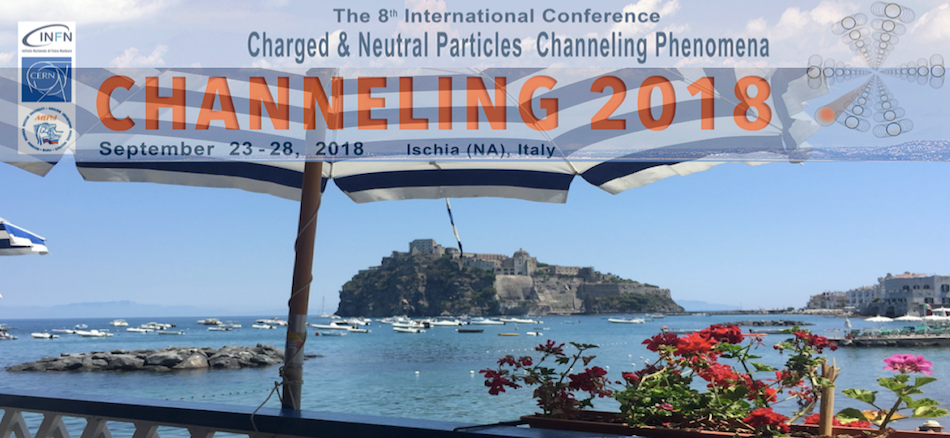Speaker
Prof.
Alexander Potylitsyn
(Tomsk Polytechnic University)
Description
Development of the linac-based narrow-band THz sources with sub-picosecond, $\mu J$-level radiation pulses is of the great demand among wide scientific community [1 and Refs therein]. The interest appears due to the fact that THz radiation is nonionizing, which prevents destruction of a test sample and enables investigation of living cells without radiation damage. Intrinsically monochromatic emitters like coherent Smith-Purcell radiation (SPR) [2] seem to become a natural selection. SPR appearing when a charged particle moves above and parallel to a grating. However, the lack of a broad spectral tunability still stimulates an active research in this direction [3, 4]. Presented here, first experimental investigation of the coherent Grating Diffraction Radiation (GDR) process for which an initial electron beam passes above(below) the grating at oblique incidence with respect to the grating surface, and shows comparable radiation intensity with central frequencies fine-tuning in a much wider spectral range. Additionally, it allows for a bandwidth selection at the same central frequency. Experimental confirmation includes the basic spectral and spatial properties. The discussion on GDR intensity in comparison with other coherent radiation sources is also presented. The result further widens the potential of designing a tabletop wide-range tunable quasi-monochromatic or multi-color radiation source in GHz-THz frequency ranges.
Authors
Dr
Alexander Aryshev
(KEK)
Prof.
Alexander Potylitsyn
(Tomsk Polytechnic University)
Co-authors
Mr
Dmitry Shkitov
(National Research Tomsk Polytechnic University)
Dr
Gennady Naumenko
(Tomsk Polytechnic University)
Prof.
Junji Urakawa
(kek)
Dr
Leonid Sukhikh
(Tomsk Polytechnic University)
Mr
Mikhail Shevelev
(Tomsk Polytechnic University)
Prof.
Nobuhiro Terunuma
(KEK)

